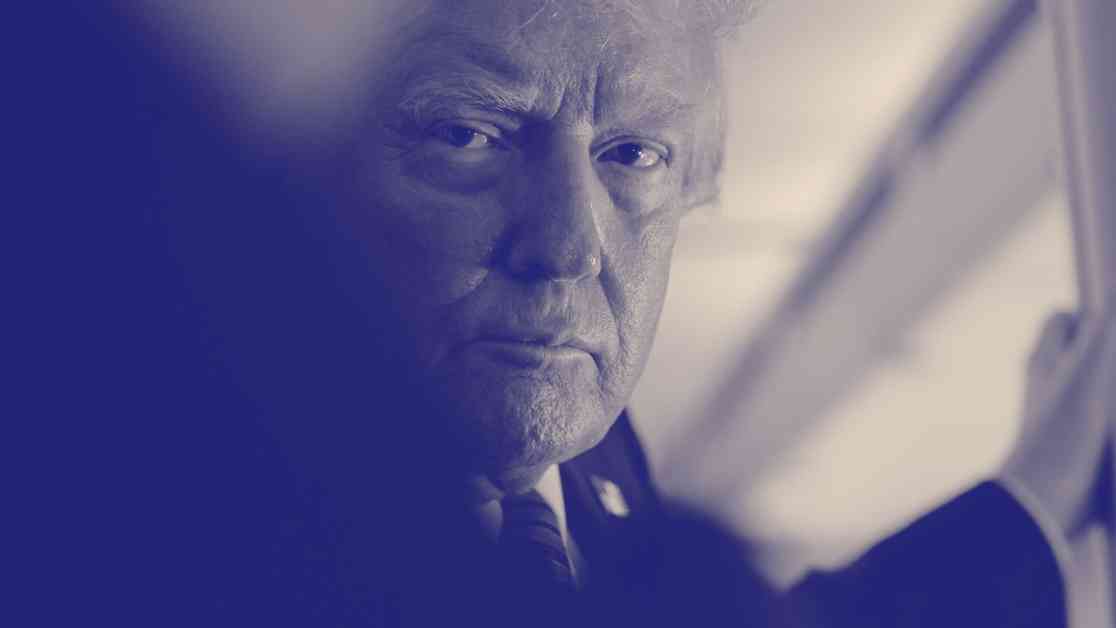In the past several weeks, President Donald Trump, who has never been fastidious about separating public and private business, has been involved in a remarkable number of potential conflicts of interest. He recently announced his intention to accept a four-hundred-million-dollar Boeing 747 from the Qatari government, which would be used in lieu of Air Force One for the remainder of his Presidency, after which it would be transferred to his Presidential library; he has continued selling access to himself through his meme coin (a company with ties to China recently announced that it would buy as much as three hundred million dollars’ worth of the coin, $TRUMP); and his trip to Saudi Arabia this week was preceded by his family’s announcement, late last year, of a new Trump Tower Jeddah. The scale of these conflicts may be unique for an American politician, but Trump, who has consistently condemned the Washington “swamp,” is one of many right-wing “populist” leaders and former leaders —Viktor Orbán, of Hungary; Recep Tayyip Erdoğan, of Turkey; Narendra Modi, of India; Jair Bolsonaro, the former President of Brazil—who have won election by running against a supposedly corrupt system, and then become embroiled in corruption scandals that often vastly eclipse those of their predecessors.
To talk about corruption, and its relationship to contemporary right-wing populism, I recently spoke by phone with Kim Lane Scheppele, a professor of sociology and international affairs at Princeton. Scheppele studies the ways in which democratic institutions come under threat—from individual politicians and from events, such as economic crashes, or in response to terrorism. During our conversation, which has been edited for length and clarity, we discussed why Trump’s corruption is distinct from those of his ideological brethren, why autocrats become surrounded with other corrupt people, and how corruption has been turned into a culture-war issue.
The relationship between corruption and the modern incarnation of right-wing populism is twofold, in that populists often run against corruption and then behave corruptly. Is that a coincidence, or are those two things connected? There is certainly a connection between autocracy and corruption. There’s also a connection between corruption and all kinds of other things, so autocracy is not the only cause. But if a leader comes to power and starts eliminating all checks on the executive, one set of those checks will be the kinds of things that can detect and control corruption. It’s very often the case that autocrats who want to stay in power forever think, Well, gee, as long as I’m here, why don’t I just grab everything in sight? It’s a pretty common pattern that autocrats, sooner or later, engage in self-enrichment as part of their power grab.












